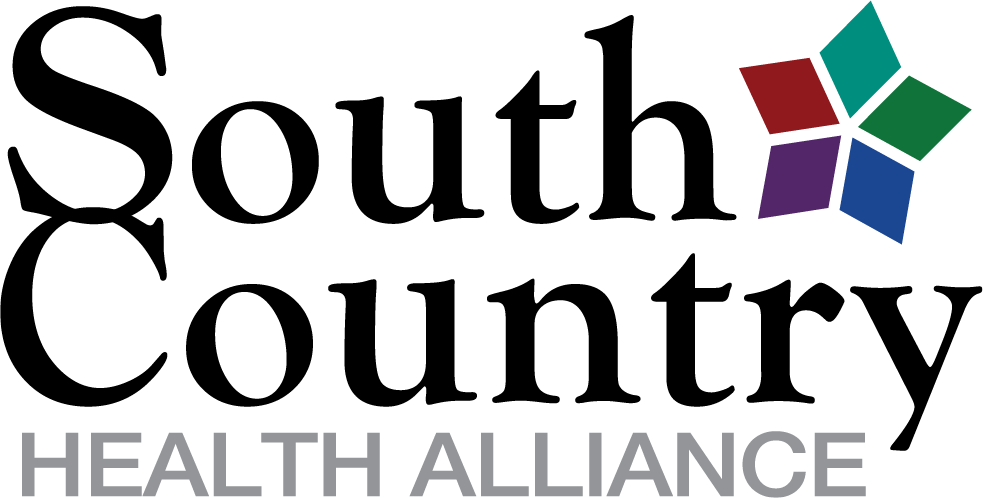Remove the Risk
When properly used, medications can provide relief and save lives. But unused or expired prescription medications are a public safety issue, leading to potential accidental poisoning, misuse and overdose. Proper disposal of unused drugs saves lives and protects the environment. Half of people who misuse prescription opioids get them from a friend or family member, according to data from the National Survey on Drug Use and Health. Accidental exposure to medicines in the home is a major source of poisoning emergencies among children. Even non-prescription medications can have dangerous side effects when misused.
Here are some basics to help you keep your medications safe:
- Lock up prescription medications so they don't get into the wrong hands
- Don't share or let others use your medications - the prescription is for you. What safe for you might be harmful to others.
- Make sure you understand what your prescription is for and how it is used
- How to Protect Your Prescription Medications (pdf)
- Protecting your Medications and Disposal Drop Off locations (pdf)
For most medications, it is best to dispose of them by taking them to a drop-off location where they are destroyed with the least environmental impact. Here are links to help you find a disposal drop-off site near you.
- How to Safely Dispose of Drugs (external link)
- Drug Enforcement Agency Take Back Site (external link)
- Minnesota Pollution Control Agency Medication Disposal Sites Map (external link)
When a drop-off site is not available there are some alternatives. If you want to dispose of your medications at home when you aren't able to get to the drop off site, here is some information from the Food and Drug Administration.
If you cannot get to a drug take back location promptly, or there is none near you, and your medicine is:
- on the FDA flush list, your next best option is to immediately flush these potentially dangerous medicine down the toilet.
- not on the flush list, you should follow these instructions to discard the medicine in your trash at home.
Some pharmacies will also take medications for disposal; check with your local pharmacy the next time you get medications.
Last Updated on 02/22/2024 by Chris Gartner
